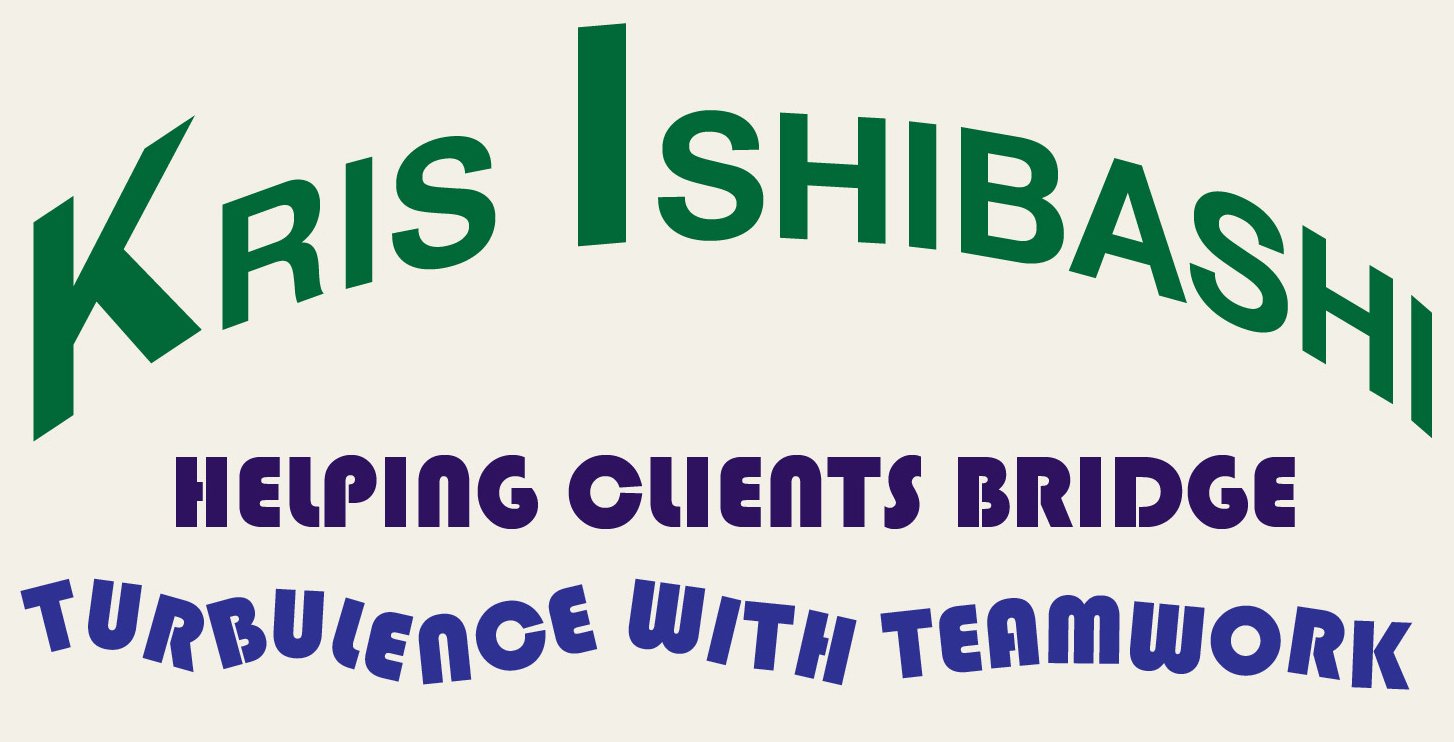Copyright: <a href='https://www.123rf.com/profile_pressmaster'>pressmaster / 123RF Stock Photo</a>
Business literature is full of stories of organizations and people who learn from their failures to go on to do great things. Although most of us aren’t expecting miracles to arise from missteps, we are looking to raise our team’s performance. To this end, we hold debriefs when things go wrong, but are disappointed when participation is half-hearted and that little comes of it. How do you raise your team’s commitment to improvement?
- Make detailed performance debriefs a standard practice. Going through an event step by step, understanding why decisions were made at each step along the way will uncover things that will enable the team to raise its performance. When such debriefs are expected and required, they won’t be seen as personal and won’t feel like public beatings.
- Create a culture where it’s safe to admit to mistakes. Admitting to mistakes and/or weakness is difficult, even under the best of conditions. It is even tougher at work because such admissions leave one vulnerable to a scolding or worse. Your team needs to know that debriefs aren’t covers for witch hunts.
- Tie team performance to something that matters. People also need to feel that candor in assessing performance is tied to mission. Hospitals have been particularly successful in linking debriefs to saving lives.
- Model the behavior. It is powerful if leaders model their commitment to improvement. Professor Adam Grant of the University of Pennsylvania shares feedback he receives with his students and tells them how he plans to address their comments. It’s tough as a manager to solicit feedback from your team. I’ve done it, and it is sobering. Nonetheless, we all have blindspots and asking for anonymous feedback from your team is one way to learn.
We all want to have high performing teams, and learning from our successes and our failures. Creating an environment and culture where sharing feels safe is critical to making that happen.
QUESTION: How do you create an environment where your team is willing to talk about its mistakes?
==================================================================
Leadership/Career Coach Kris Ishibashi is a certified Hogan provider. She works with leaders to bring together their skills, their authentic selves, and their intentions to inspire their organizations to superior performance. Click here to set up a complimentary consultation.









